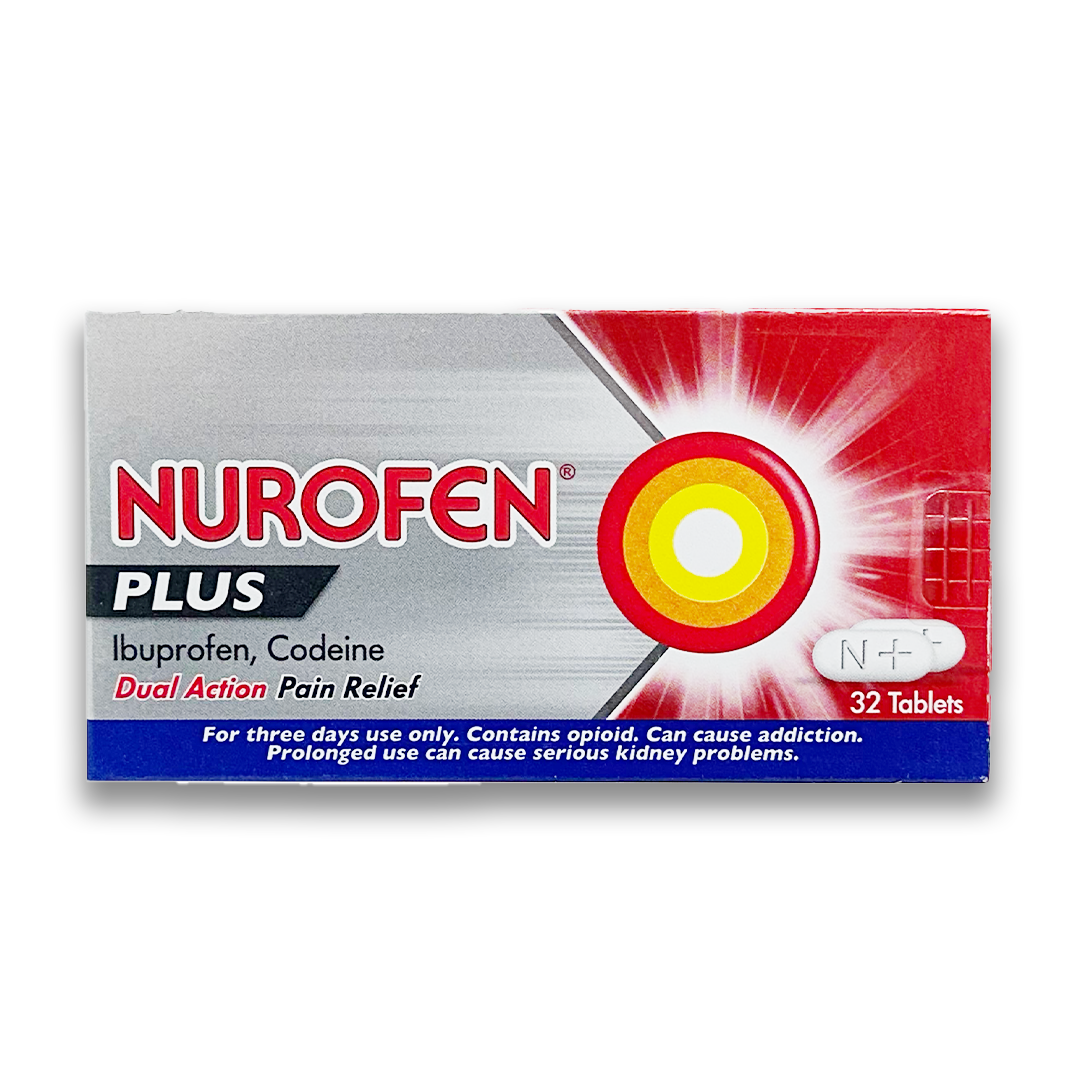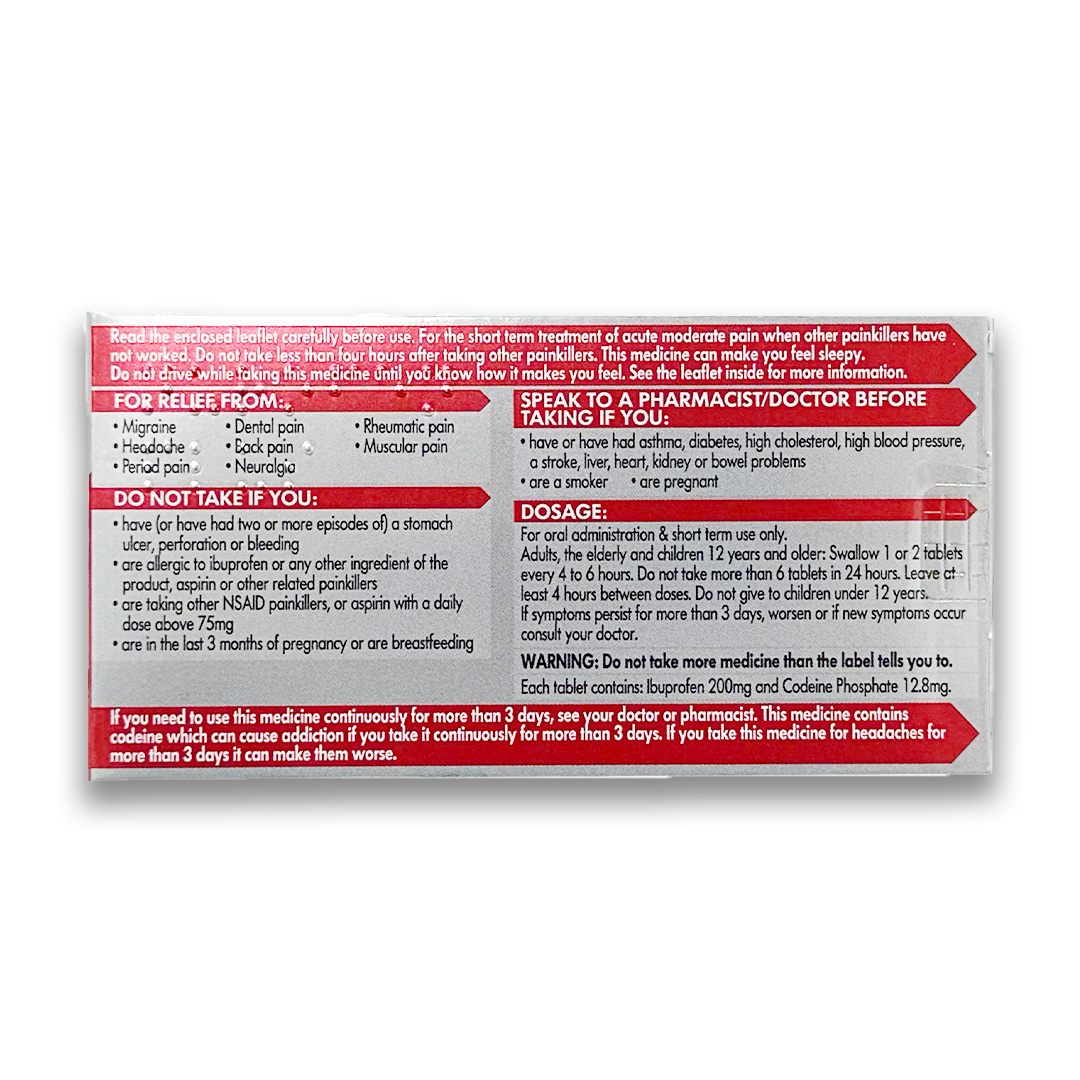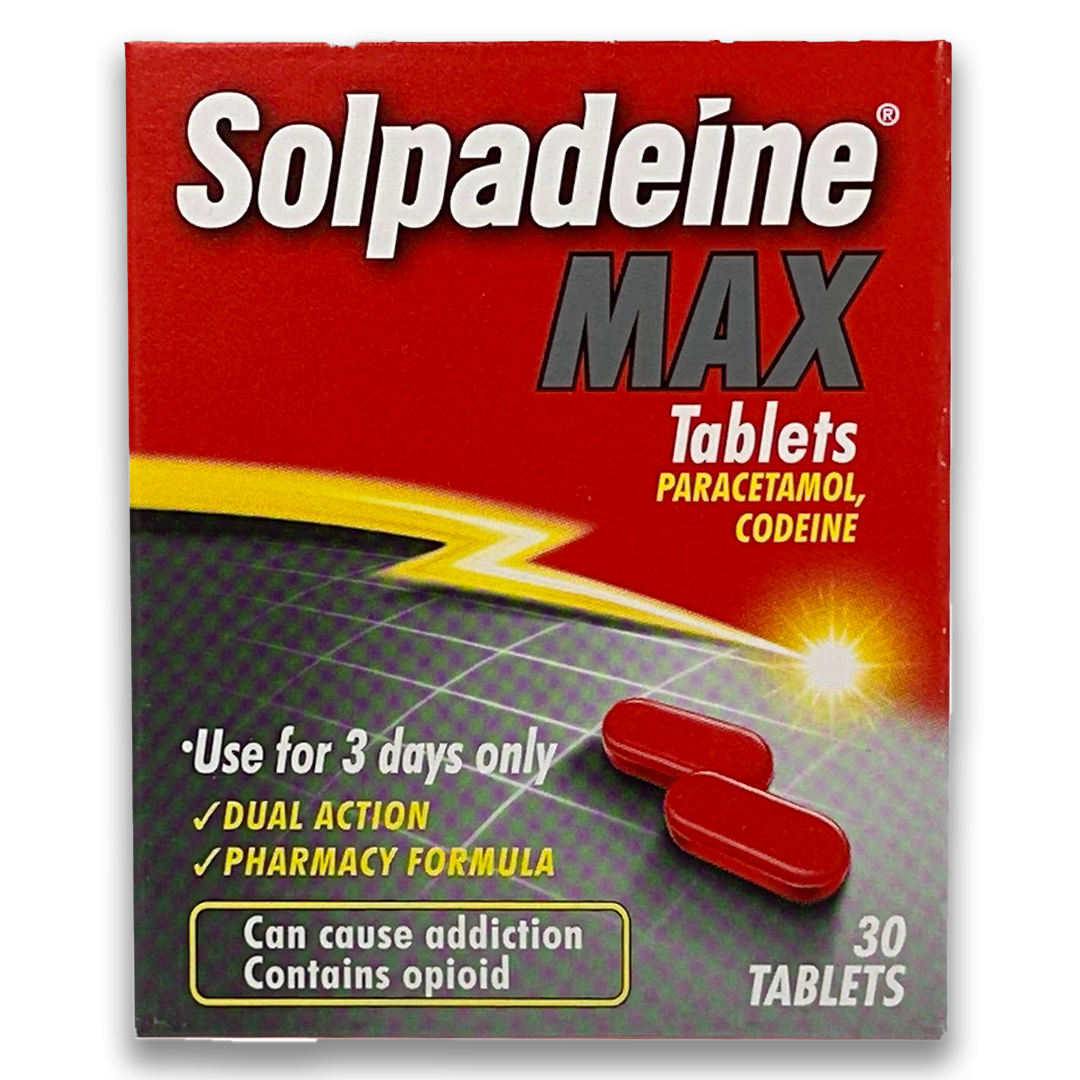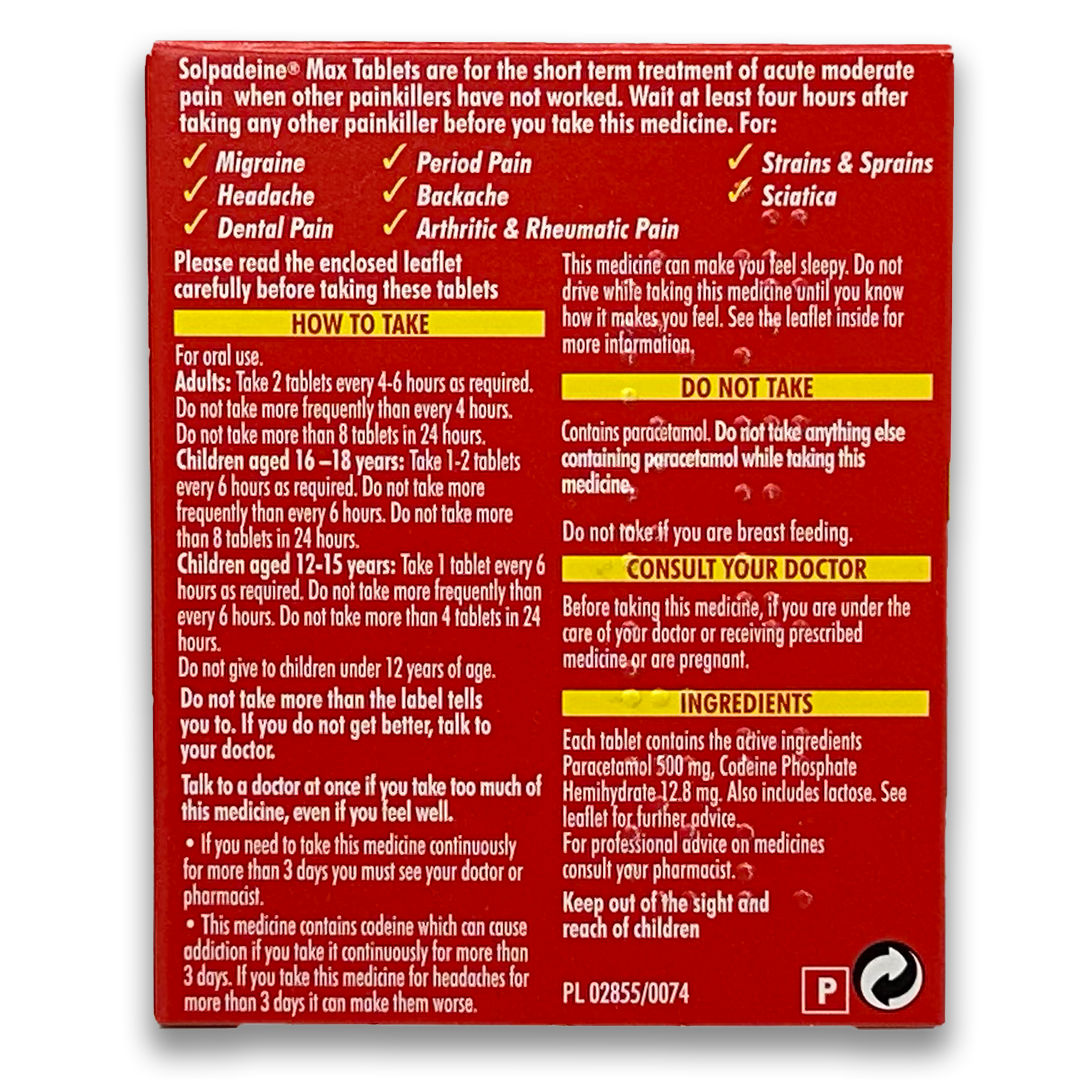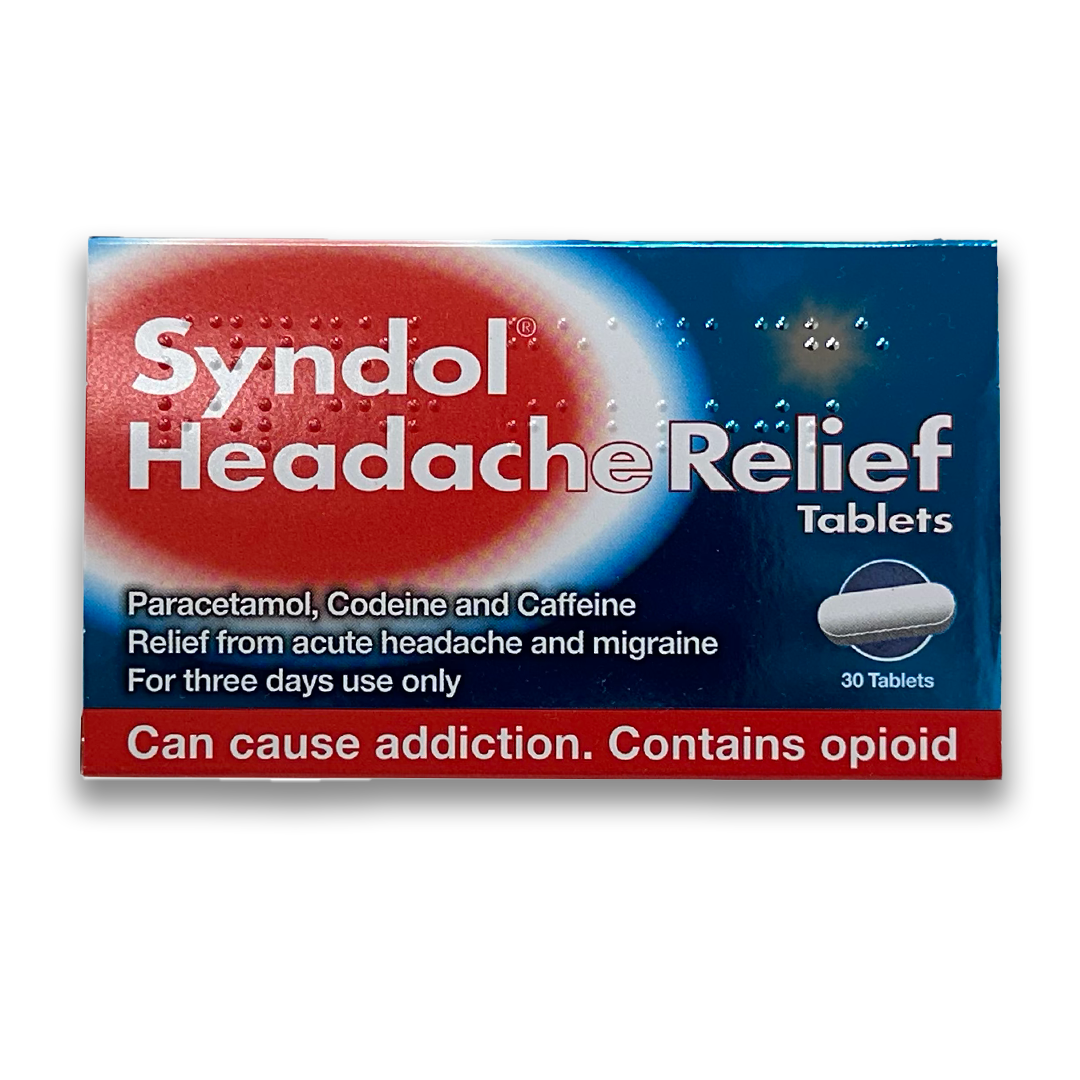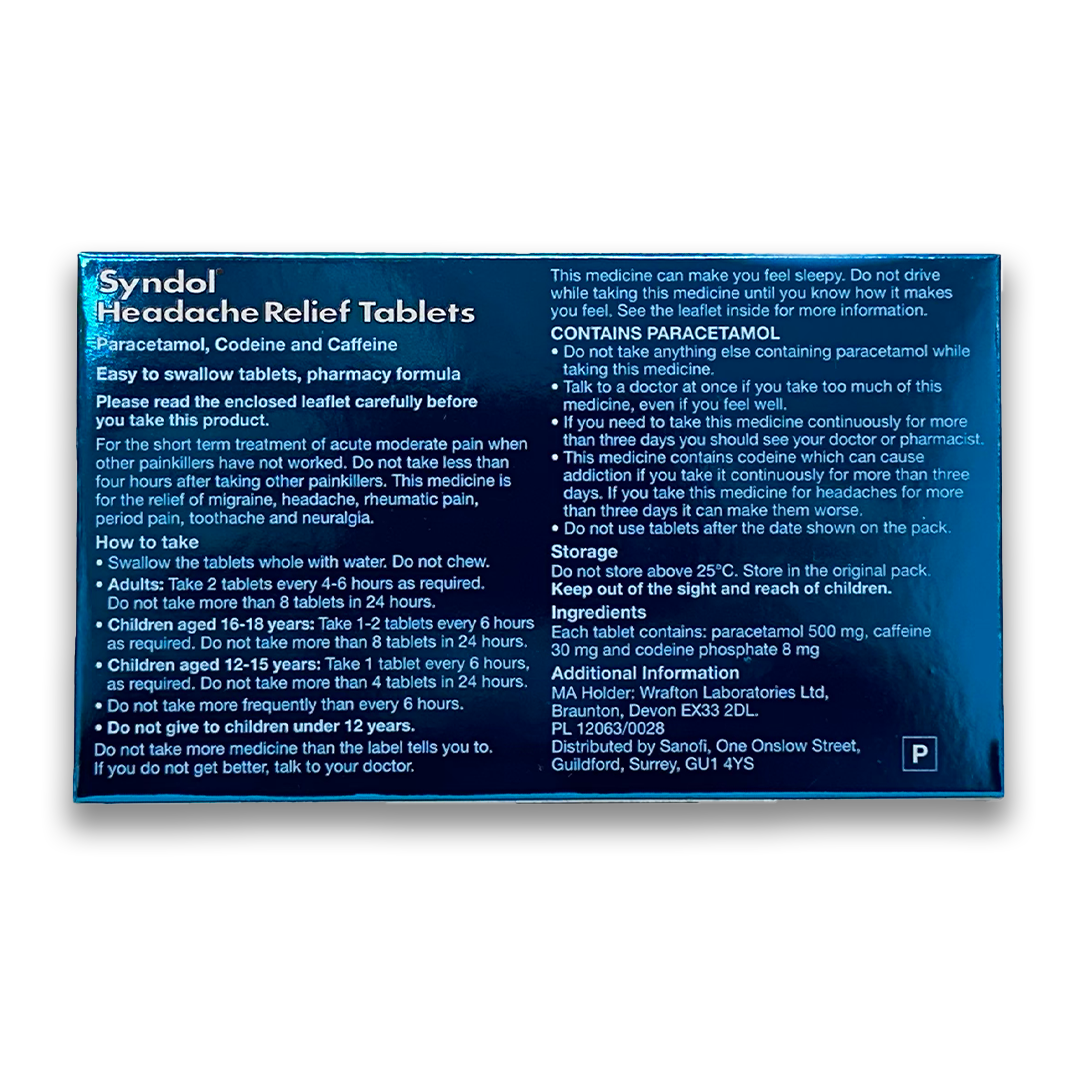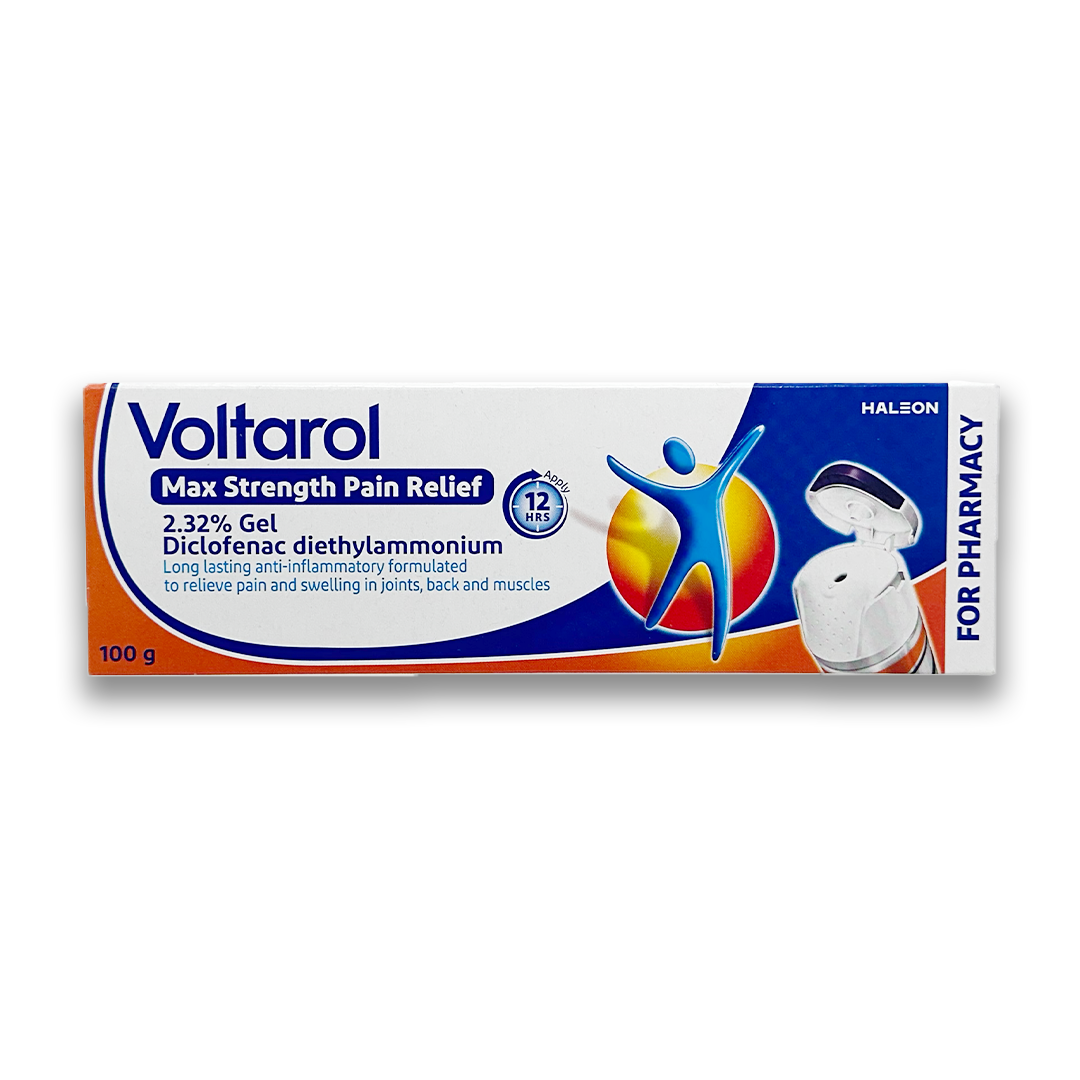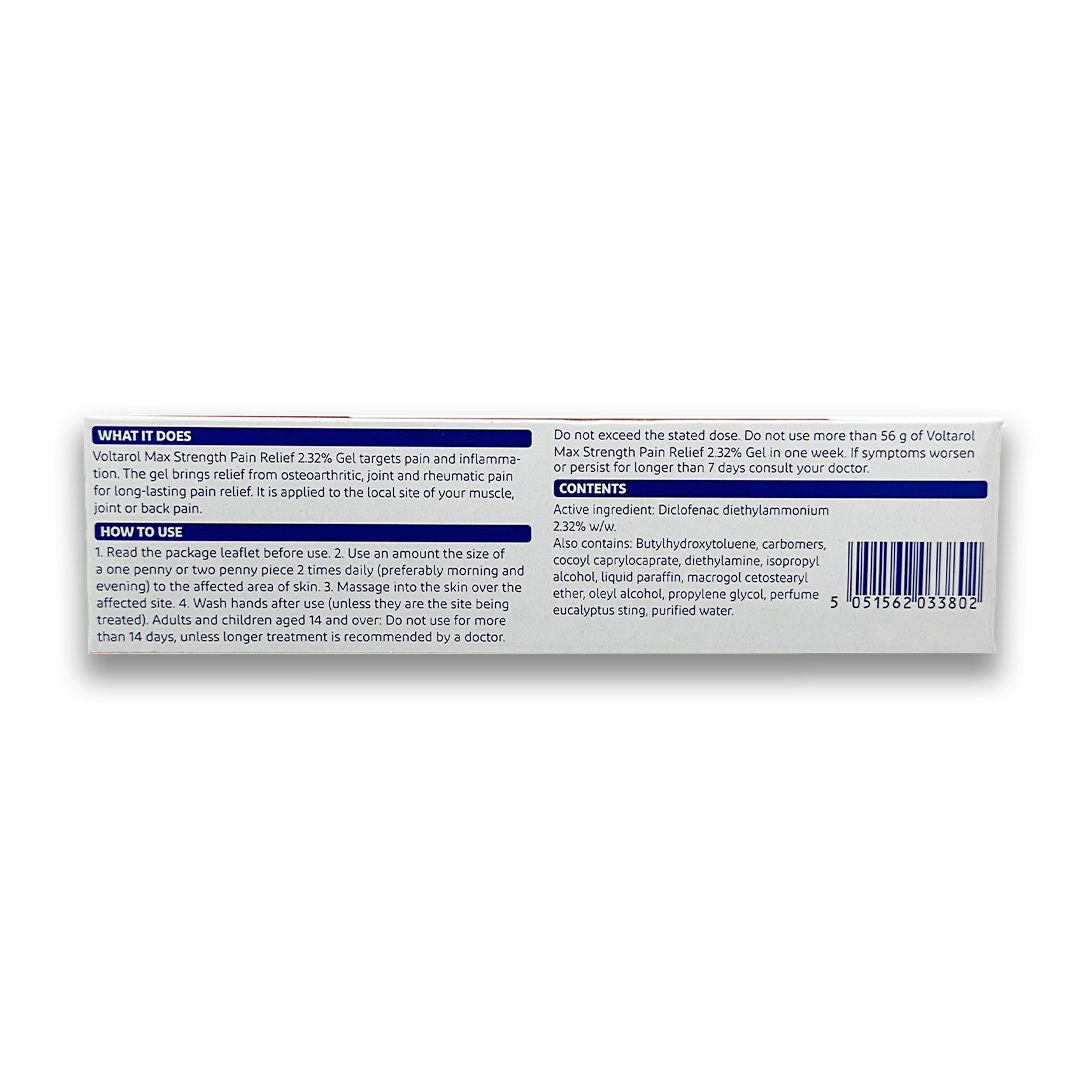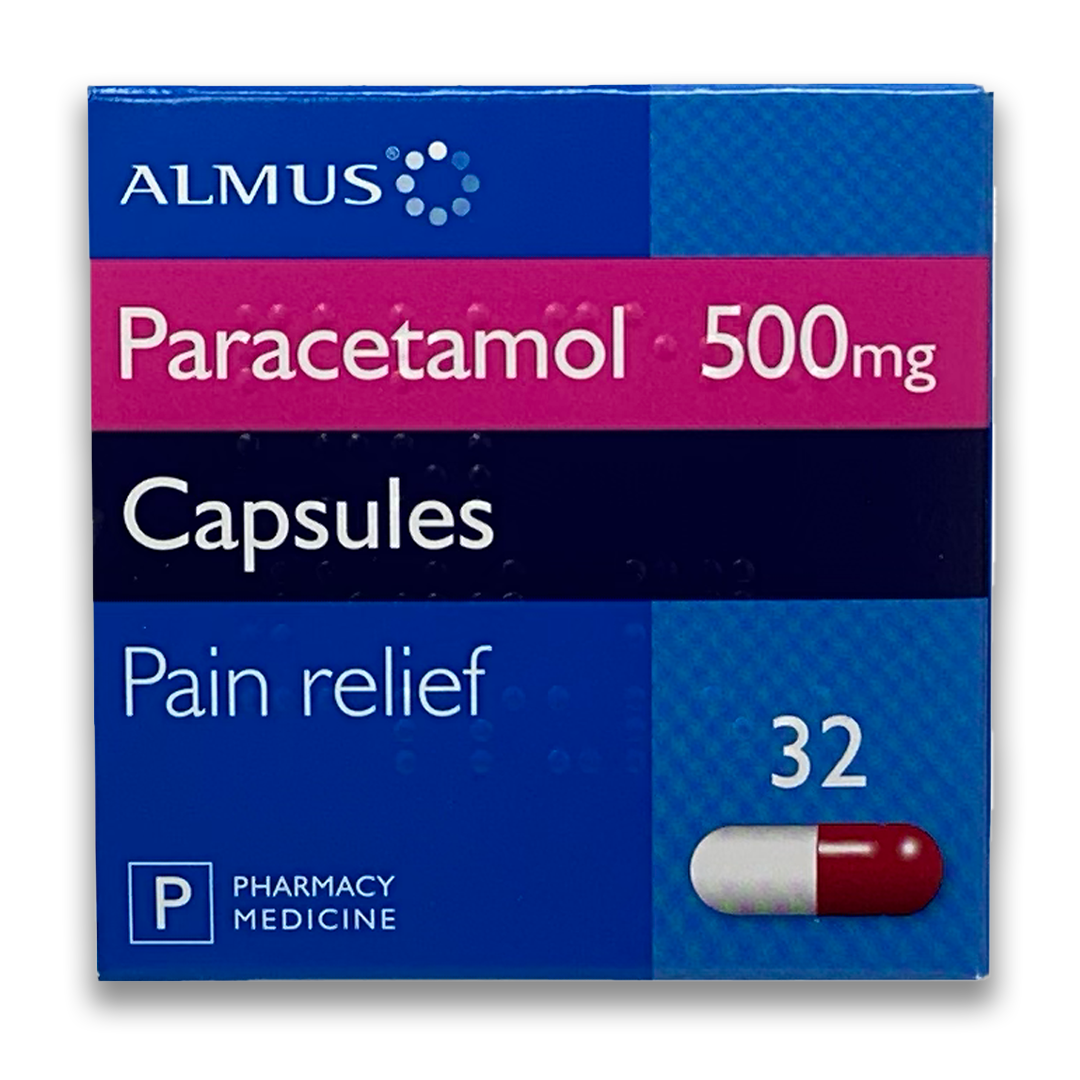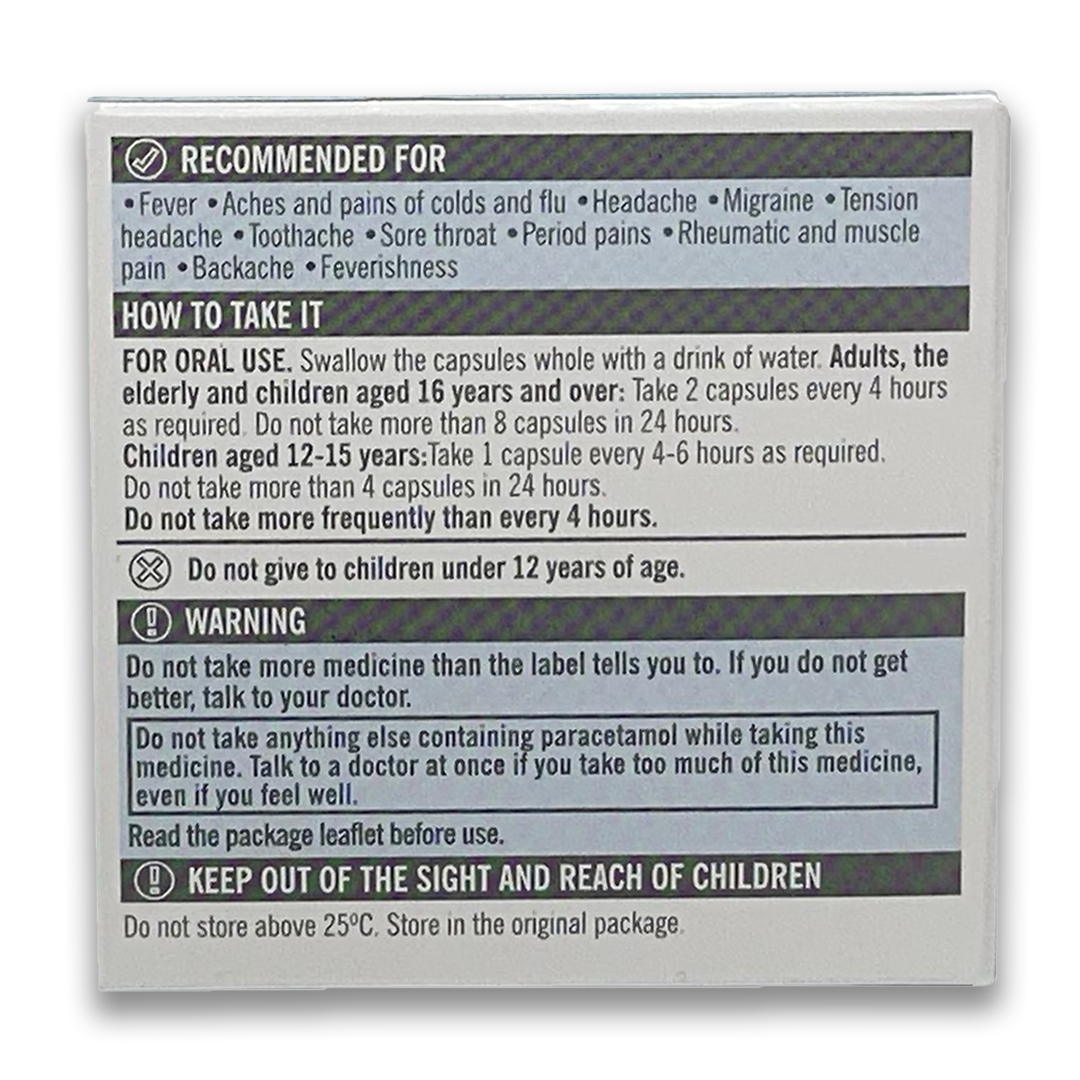
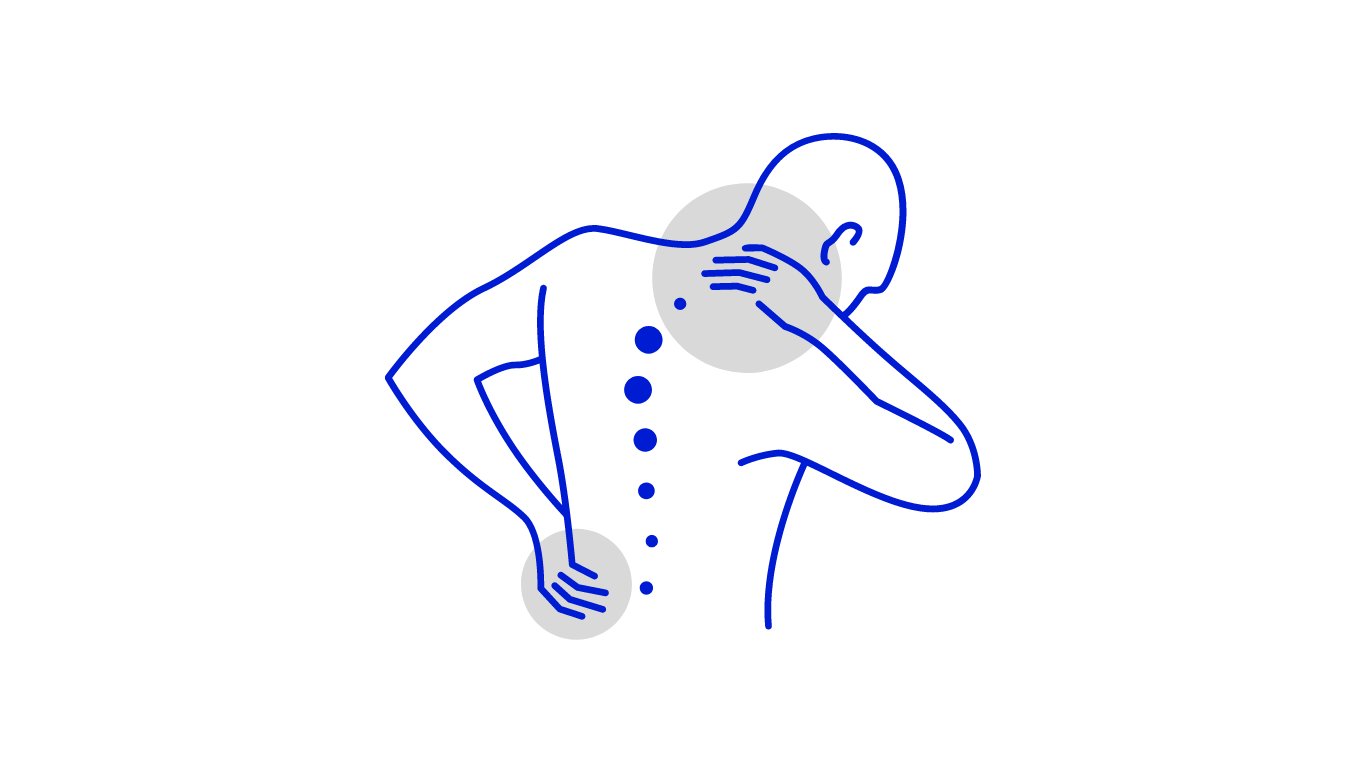
About Pain relief
Causes
Diagnosis
Treatments
Prevention
Further Info
FAQs
Can pain relief medications cause side effects, and how can they be managed?
Are there non-pharmacological approaches to pain relief for individuals who want to avoid medication?
What is chronic pain, and how is it different from acute pain?
Can lifestyle changes help in preventing pain, and how can I incorporate them into my daily routine?
We are here to help 👋
For assistance, please contact our customer service at info@rightangled.com. We are available Monday to Friday from 8 am to 5 pm. For urgent issues, please do not use this email. Instead, call 111, or dial 999 in case of an emergency.

